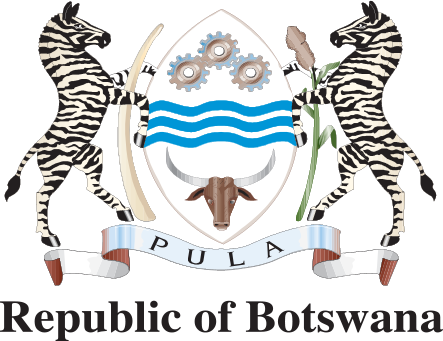Women generally carry heavier economic and social burdens then men when it comes to HIV/AIDS. Due to historical and cultural factors, women tend to be the caregivers for both the sick and those who have been orphaned by the epidemic. Additionally, women who are living with HIV/AIDS often suffer two types of discrimination. First, there is discrimination based on their gender, and second, there is discrimination based on them being a Person Living with HIV/AIDS (PLWHA). Thus, the issue of gender equality deserves special attention. Gender inequality, no doubt, leads to the spread of HIV/AIDS because it both reduces a woman’s control over her life, and increases her vulnerability to HIV infection [UNDP Bots Report, p.14]. Thus, systemic gender inequality is a major factor in the spread of HIV/AIDS.
The right to gender equality means that all forms of discrimination based on gender should be prohibited. In the context of HIV/AIDS, it means the following:
- Access to health care.
- Equality before the law.
- Modification of cultural and traditional practices that disadvantage women.
- Concrete measures should be taken to ensure the respect of women’s autonomy regarding issues such as control of both sexuality and sexual activity.
Ministry of Nationality, Immigration and Gender Affairs
Gender Affairs Department
P.O. Box 00107
Gaborone
Botswana
Block 8, Government Enclave, Khama Crescent
Tel. (+267) 3912290
Fax. (+267) 3911944
Opening hours: 7:30 to 12:45, and 13: 45 to 16:30, Monday to Friday, except holidays.
